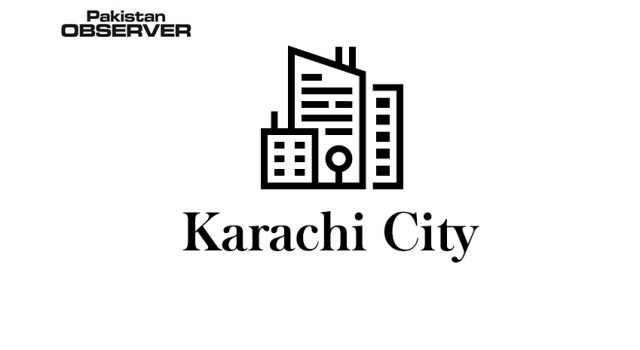The Centre for Social Justice (CSJ) launched its research study titled, Lessons from the Nationalisation of Education in 1972, authored by researchers Dr. Tahir Kamran, and Peter Jacob. The launch was performed by Zubeida Mustafa, Dr. Riaz Shaikh, Rev. Fr. Salah Diego, Karamat Ali and Peter Jacob, who called the attention to the recommendations of the study in order to address the issue of quality education in the country. The study claims that the Nationalisation weakened Church institutions in particular while it triggered the downslide of standard of education. Even after this policy of 1972 was changed in 1984,only partial denationalization had taken place till 2003-2004, which further drained resources, squeezed the equalizing potential, and opportunities for the Christian minority of Pakistan in particular. The key findings showed that as of June 2020; from the 118 schools in Punjab and Sindh, only 50% schools had been denationalised. Two out of five colleges nationalized, namely Gordon College Rawalpindi and Murray College Sialkot, were still under government control. Moreover, the Khyber Pakhtunkhwa government also assumed the Church run Edwards College Peshawar in 2019. Peter Jacob, one of the two authors, said that although the policy has been largely reversed in Sindh, more steps are required to provided opportunity for public private partnership while focusing on enhancing the quality of education and universal education. He regretted that governments of Punjab and Khyber Pakhtunkhwa have not learnt from the failure of policies in past 50 years. Zubeida Mustafa, a senior journalist, termed the research a greatcontribution that all stakeholders could benefit from, specifically educationists and policymakers. She added that this study has also clearly noted that there was very little understanding of the consequences of the Nationalisation policy in the education sector and the reasons for the poor standard of education we see today hence the regulation of the public education was poorly managed.









